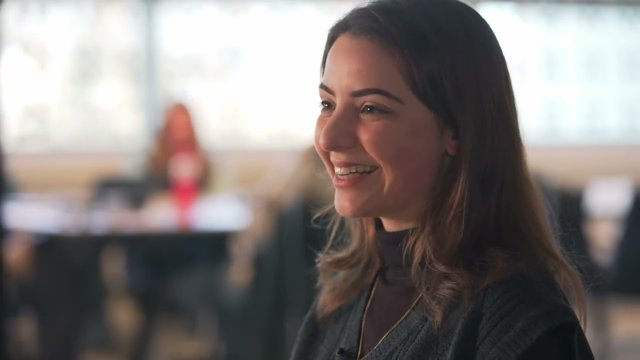During your Master’s in Geo-Information Science and Earth Observation (GEO), you will collect a total of 120 EC within two years. In addition to the three mandatory courses of the Master’s, you will take four specialisation courses and elective courses. You can also do an optional internship and complete your studies by writing your master’s thesis.
Structure
YEAR 1 | NUMBER OF EC |
|
|---|---|---|
Compulsory courses Mandatory courses for all students of the Master’s. | 25 EC | |
Specialisation courses Mandatory courses for all students of the specialisation in Applied Remote Sensing for Earth Sciences | 28 EC | |
Elective course You can choose a course that matches your interests and career ambitions. | 7 EC | Some examples of elective courses you can take are: |
YEAR 2 | NUMBER OF EC |
|
|---|---|---|
Individual study programme | 15 EC | In the second year, you can personalise your individual study programme by doing an internship or taking elective courses. |
MSc research proposal and MSc research | 45 EC | You will complete your Master’s in GEO by writing a master’s thesis. Your research theme is defined by the research group that is part of the respective specialisation. In Applied Remote Sensing for Earth Sciences, you will conduct your research within ITC’s research group 4D-Earth. |
Total EC | 120 EC |
|
Internship
In the second year of your Master’s in Geo-Information Science and Earth Observation, you can apply the knowledge and skills you have acquired during your studies by doing an internship at a consultant company, government agency, research institute, or non-governmental organisation in the Netherlands or abroad. ITC has a broad network of organisations where you can do your internship project.
Examples of internships that students have done are:
- "Spectroscopical differentiation and mapping of REE-bearing minerals in the carbonatite of Storkwitz, Germany”
Bundesanstalt für Geowissenschaften und Rohstoffe, Germany - “Build a database of Mercury with links to Mars and Moon as a tool for further research using the datasets from BepiColombo mission to Mercury”
DLR - Deutsches Zentrum für Luft- und Raumfahrt, Germany - "Extraction and observation of Venus using the BepiColombo flyby data”
DLR - Deutsches Zentrum für Luft- und Raumfahrt, Germany
Master's thesis
You will complete your Master’s by writing your Master’s thesis. Your research will be part of the 4D-Earth research theme at ITC, and you will write your thesis under the supervision of one of the professors in that research group. You can, for example, focus on developing systems for regional geological mapping of Earth materials using high-spectral resolution remote sensing. Another key area in which you can focus your MSc research is applying hyperspectral remote sensing for geothermal energy exploration and monitoring in the context of the energy transition.


